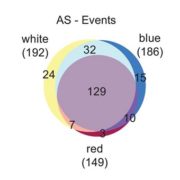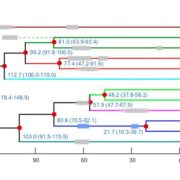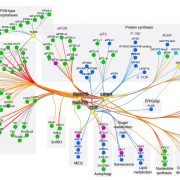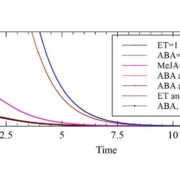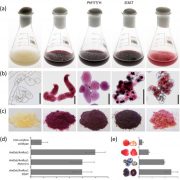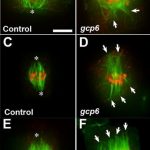Metabolite regulatory interactions control plant respiratory metabolism via Target of Rapamycin (TOR) kinase activation
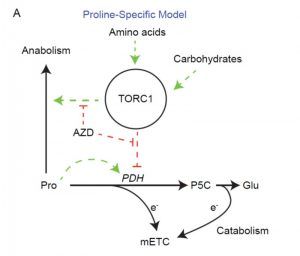
The rate of mitochondrial respiration is highly dynamic and responds to numerous endogenous and exogenous factors. Here, O’Leary et al. have measured mitochondrial respiration (through O2 production) in response to various metabolites in leaf discs over several hours, to address not only post-translational controls but also de novo transcriptional/translational effects. They found that, as expected, O2 production increases in response to carbohydrates (e.g., sucrose, fructose), but the strongest stimulation occurrs in response to the amino acids proline and alanine. This stimulation effect is diminished by inhibition of TOR kinase, a central hub integrating information about nutritional and environmental status. These results show that the effects of amino acids on O2 production are mediated by TOR. The authors propose a model in which the presence of amino acids signals nutrient abundance, via the TOR kinase pathway, influencing respiratory activity and thus plant metabolic rate. (Summary by Mary Williams) Plant Cell 10.1105/tpc.19.00157


